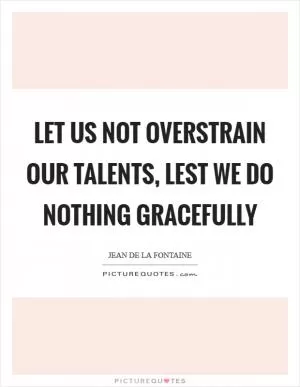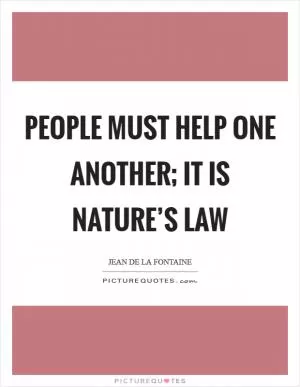A person often meets his destiny on the road he took to avoid it

A person often meets his destiny on the road he took to avoid it
Jean de La Fontaine was a French poet and fabulist known for his fables, which often contained moral lessons and allegorical meanings. One of his most famous fables, "The Wolf and the Lamb," illustrates the idea that a person's destiny is often found on the very path they take to avoid it.In the fable, a hungry wolf comes across a lamb drinking from a stream. The wolf accuses the lamb of muddying the water and demands an explanation. The lamb, being innocent, tries to reason with the wolf, but the wolf is determined to eat the lamb and eventually devours it. The moral of the story is that the wolf's destiny was to eat the lamb, and no matter what path he took to avoid it, he ultimately fulfilled his fate.
This idea can be applied to human life as well. Often, people try to avoid certain outcomes or situations, only to find that they end up facing them anyway. This could be due to fate, destiny, or simply the consequences of their actions. In La Fontaine's fables, characters often face the consequences of their choices, whether good or bad, and learn valuable lessons along the way.












 Friendship Quotes
Friendship Quotes Love Quotes
Love Quotes Life Quotes
Life Quotes Funny Quotes
Funny Quotes Motivational Quotes
Motivational Quotes Inspirational Quotes
Inspirational Quotes